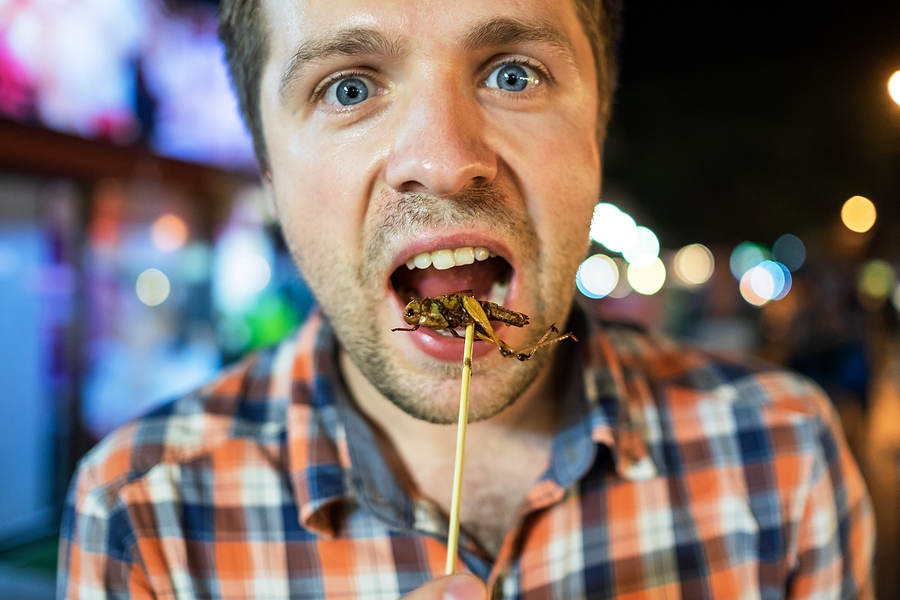
An article in The Washington Post Wednesday argued that climate change could result in replacing Thanksgiving staples with lab grown meat, plant-based meat alternatives and crickets.
Hot summers, wildfires, droughts and flooding could damage American agriculture and make seasonal favorites like pumpkins and turkey hard to come by, according to the article’s authors.
The piece explained that weather events are already forcing farmers to relocate certain crops: southerners are moving their turkeys northward due to hurricane risks, and warm weather in the Northeast is making cranberry crops more vulnerable.
While climate change affects agriculture, according to the article, agriculture also perpetuates climate change. “Agriculture is responsible for up to 30 percent of global greenhouse-gas emissions and 70 percent of freshwater use,” the authors reported.
To combat this, the article encourages readers to “consider crickets in your crust,” arguing that insects such as weevils, crickets and grasshoppers are high in protein and other nutrients and low in emissions.
Insect snacks have become a popular novelty in the U.S. in recent years. Attendees at Seattle baseball games in 2017 ate 18,000 toasted crickets over the course of three nights. In addition to processed plant-based meat alternatives, climate activists argue that adding bugs to the American diet could help combat climate change.
Content created by The Daily Caller News Foundation is available without charge to any eligible news publisher that can provide a large audience. For licensing opportunities of our original content, please contact licensing@dailycallernewsfoundation.org. Read the full story at the Daily Caller News Foundation
